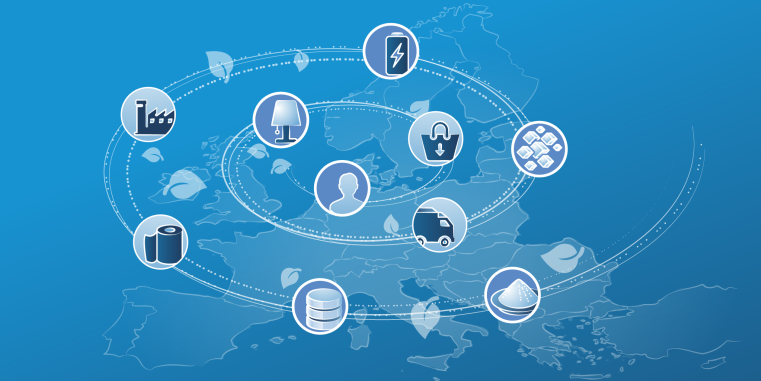Batteries Made in Europe: Strategies for a Sustainable Supply Chain
Strengthening a European supply chain for battery production and reducing dependence on imported raw materials: Industry and science are pursuing this goal equally. What requirements must be met in order to establish a circular European supply chain for battery raw materials? What impact will the EU's “Directive on Corporate Sustainability Due Diligence” have? Prof. Dr Antonia Graf, Junior Professor of Global Environmental Governance at the University of Münster, and Markus Hackmann, Managing Director of P3 Group, explored these and other questions at the MEET Academy Online on 13 June 2024.
Innovations as a Catalyst for Local Supply Chains
In her lecture "Opportunities and Challenges in the EU Directive - What Does Sustainable Mean in this Context?", Prof. Dr Antonia Graf presented the various perspectives of politicians, economy- and interest groups as well as NGOs on the directive. The junior professor emphasized that although the regulations are a continuation of the path towards a more economically efficient, socially responsible and ecologically viable sustainability, they can only be effective if they are also linked to sanctions. "As long as it is not clear how the directive will be implemented at national level, it is difficult to predict whether the aims set can be achieved", concluded the political scientist.

The EU Act and international measures with a similar objective, from the perspective of the industry, were the focus of the second presentation by Markus Hackmann, Managing Director of P3 Group GmbH. In his view, there is significantly more potential for strengthening local production chains in government subsidy programs, as his comparison with the American IRA (Inflation Reduction Act) and similar measures in China, Japan and India showed. Attempts with generous subsidies to strengthen local supply chains and attract companies have been implemented successfully in these countries. Hackmann assumes that these programs will also have a lasting effect once the subsidies end, because the companies have already settled and supply chains have been established. "In Europe, politicians must promote innovations that make efficient use of locally available raw materials such as sodium or iron”, Hackmann demanded. He referred to the immense progress in research and development that will make it possible in the near future to use sodium ion batteries or lithium iron manganese phosphate cells in electric vehicles with a satisfactory range. Local production with such raw materials would also have the advantage that the extraction of the materials would be more environmentally friendly than for lithium-ion batteries, for example.
Next MEET Academy Online in Fall 2024
The 22st MEET Academy will take place in Fall 2024. The topic will be announced soon. The MEET Academy, which is free of charge, is organized by MEET Battery Research Center at the University of Münster.

